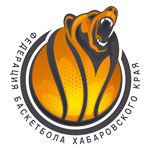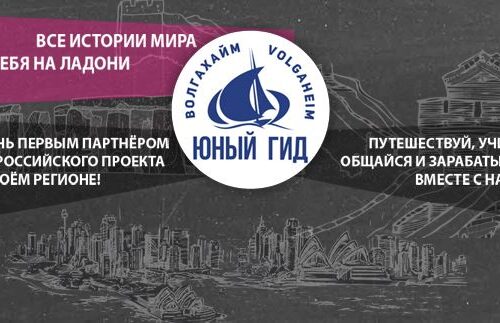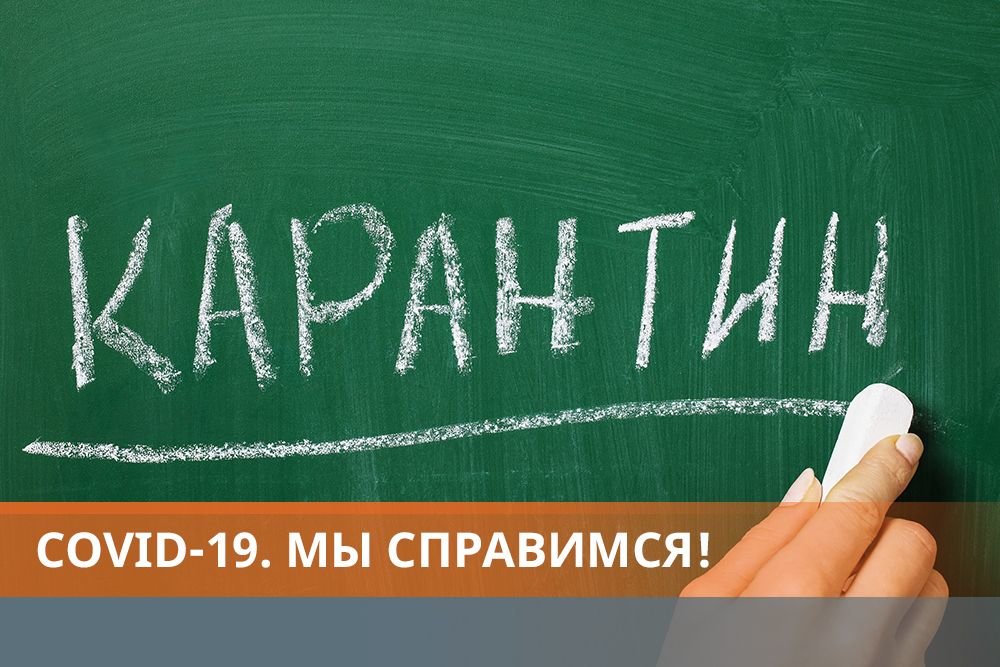
Coronavirus replenished the Russian language with new words – Russian newspaper
Particularly rich pandemia Covid-19 has become neologisms. For example, by the merger of two words Covid and Idiot the word Covidiot was born. And it has two opposite values
Coronavirus replenished the Russian language with new words
The coronavirus epidemic, which covered the whole world, has already managed to affect Russian. Who are the Covidiots? Why are the quarantine popular today? What is a lemon course?
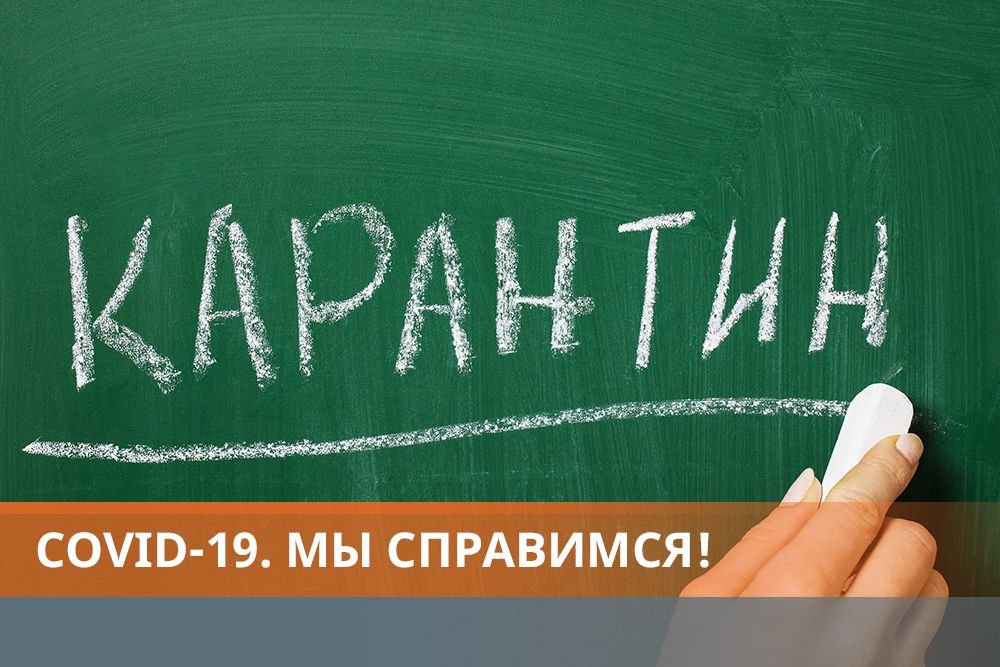
This and much more has become the topics of hot discussion by leading linguists at the international festival of the Russian language and competent communication Rufest, which was first held in the online format in Rostov-on-Don.
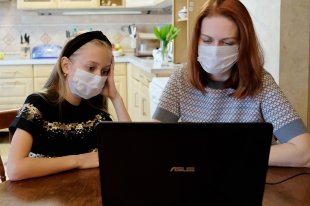
– We hold the festival for the fifth time, but for the first time in such an “antiviral” mode. But thanks to this, the audience at any point in the world were able to participate in conferences, reading championships aloud, competitions and quizzes, ”said Alexei Pavlovsky, director of Rufesta.
Experts confirm: new words related to quarantine appeared, and some old ones have acquired a different meaning. As for example, the word “quarantine” itself, which in modern realities has gained a new meaning for us. Some previously used words are now rethought and perceived differently (for example, “remote” and “distance”). Previously, it was a conscious choice of freelancers to work in remote mode. Now – this is the only possible way of learning.
Virtual meetings, digital glider meetings appeared, and the word online has already been packed and even older people who previously had nothing to do with the Internet use it.
Yes, this is not by chance. Everything turned into online mode: training, meetings, holidays, work. All this during the self -isolation regime has become closely into the life of Russians.
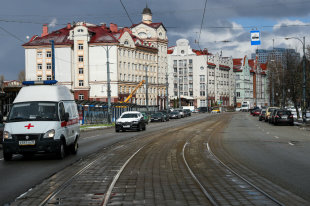
It is popular today the word zumi – from the name Zoom, which many have installed on their smartphones and laptops for work. Everyone now knows “sanitizers” – hand antiseptics, “contact” – people who are in contact with the patient, “suspicious” – such a term today call people with suspicion of coronavirus infection.
The emergence of new words and meanings is influenced by the events that swept the whole world. By the way, the word pandemic itself was previously unknown and used only in medical scientific circles. Now every child knows it, says the candidate of philological sciences, leading scientific Employee of the Institute of the Russian Language. V.V. Vinogradova RAS Olga Severskaya.
But the Covid-19 pandemia has become especially rich in neologisms. For example, by the merger of two words Covid and Idiot the word Covidiot was born. But it also has two opposite values. Covidiots today are called those who deny the presence of pandemia and its danger, violates the regime of self -isolation, neglecting precautions. And also those who, on the contrary, are too panic: they rushed to buy buckwheat and toilet paper, wash his hands to wounds, panicky afraid of infection.
Unexpectedly for everyone, quarantines arose – a derivative of quarantine and holidays, when schoolchildren were sent to study at home.
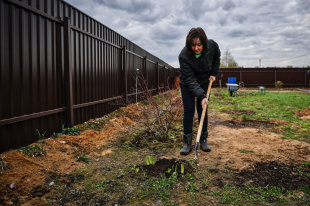
And even today, owners of domestic dogs are called karante (similar to rentier). According to the speaker of the festival, candidate of philological sciences, journalist, host of radio Voice of America Ksenia Turkova, in Washington, where she lives and works, carantes really appeared – people renting dogs for walking. After all, for the appearance on the street with a dog during quarantine is not fined. There are some in Russia too.
– There were also such unexpected phrases as lemon course and ginger course. This is due to the fact that during the pandemic, the price of these products increased, the expert specifies. – Social distance no longer refers to the distance by social status, but to the physical distance of two meters, so as not to get infected.
One of the funny words that the self-isolation regime brought into our lives was the word “outside” – thanks to the cartoon about Masyanya in quarantine, filmed on the topic of the day. Outside is that which is outside of the house.
The word raskhlamingo has become synonymous with general cleaning. After all, many, having been forced to be at home for a month, were engaged precisely in the decluttering of their cluttered apartments.

How long do neologisms stay in a language? It depends on how firmly the word comes into use.
– I don’t know about “covidiots” and “quarantiers”, but “self-isolation” will certainly be in the dictionaries. The regime of self-isolation has become a new concept, fixed in the documents. And this is history, says Olga Severskaya.
Experienced linguists confirm that all language changes are connected with the life of its speakers. And at the moment, the Russian language is clearly undergoing its renewal. But it is possible that all these words will be forgotten as soon as the disease leaves our lives.
Is that – cavidarity to leave? This symbiosis of covid and solidarity. A reminder of how we were remote, but still together.
All materials of the plot COVID-19. We can handle it! read here




